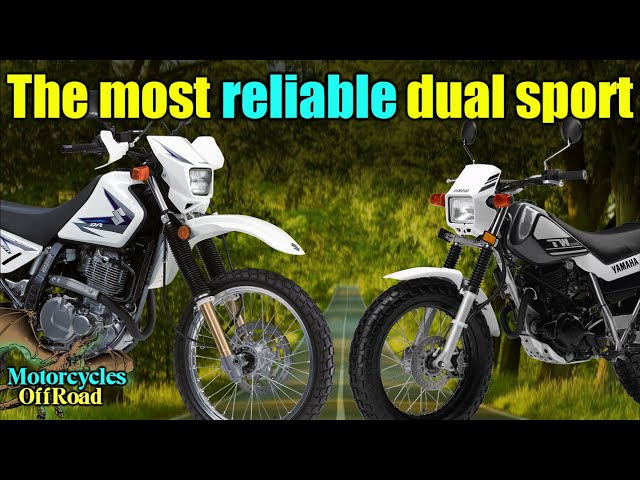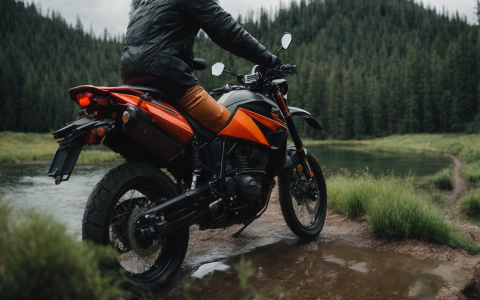Alright guys, today I wanna talk about something super practical: figuring out which dual sport motorcycle actually holds up when you ride it hard. Seriously, it took digging around, chatting with a bunch of folks, and honestly some frustrating moments to get a real picture past all the shiny marketing stuff.

So Why’d I Bother?
I was kinda tired of hearing the usual “this bike’s unbreakable” line just ’cause it’s new or from a big name. Real world? Things break, especially when you’re actually using these machines off-road like they’re meant to be. Needed to know what lasts.
What I Actually Did
Here’s the messy process, step by step:
- Step one: Hit all the big rider forums. Places where people talk after the honeymoon phase. Spent evenings scrolling endless threads about mods, breakdowns, and fixes. Tons of posts.
- Step two: Pestered the guys at my local shop. Those mechanics see what actually dies in the bush. Listened hard to what they groan about fixing constantly versus what just gets basic oil changes.
- Step three: Talked to anyone riding older dual sports. I mean seriously seasoned bikes, like 10+ year old machines still getting kicked over regularly. Asked point blank: “What hasn’t blown up on you?”
- Step four: Tried tallying all this chaos in my notebook. Made stupid lists of “common gripes” versus “rarely seen issues” model by model. Super low-tech but helped see patterns.
The Big Surprise
The fanciest, newest models with all the electronics? Yeah, those generated way more headaches in the forums. People seemed happier – or at least less angry – with the simpler, older designs. Less stuff to go wrong seems to be the theme.
So What Actually Came Out On Top?
After all that digging, a couple names kept popping up with way fewer horror stories:
- Older model carbureted bikes: Yeah, tech is older, but man, the owners swear by ’em. Simpler engine, less finicky electronics. Easier to fix with basic tools miles from anywhere.
- Certain low-production bikes from smaller makers: This was a shocker. Fewer bells and whistles meant fewer things that could stop whistling. Less fancy often meant more reliable in the dirt.
The Gut-Punch Moment
Totally thought my buddy’s shiny new 2023 model would be king. We rode out together one weekend. His dashboard lit up like a carnival ride halfway through some gnarly single-track. Mine? Just a grubby meter telling me fuel was low. Guess which one got home without a tow truck?

Bottom Line
If you want a bike that actually works when you’re out there? Listen to the guys riding 10-year-old machines covered in mud. Or the mechanics fixing them. Fancy features break. Simple designs endure. Sometimes, doing less is way more reliable. Guess my shiny new dream bike stays in the garage.
